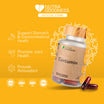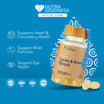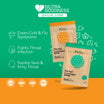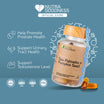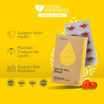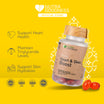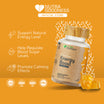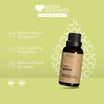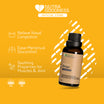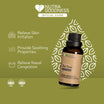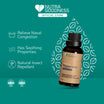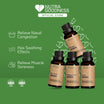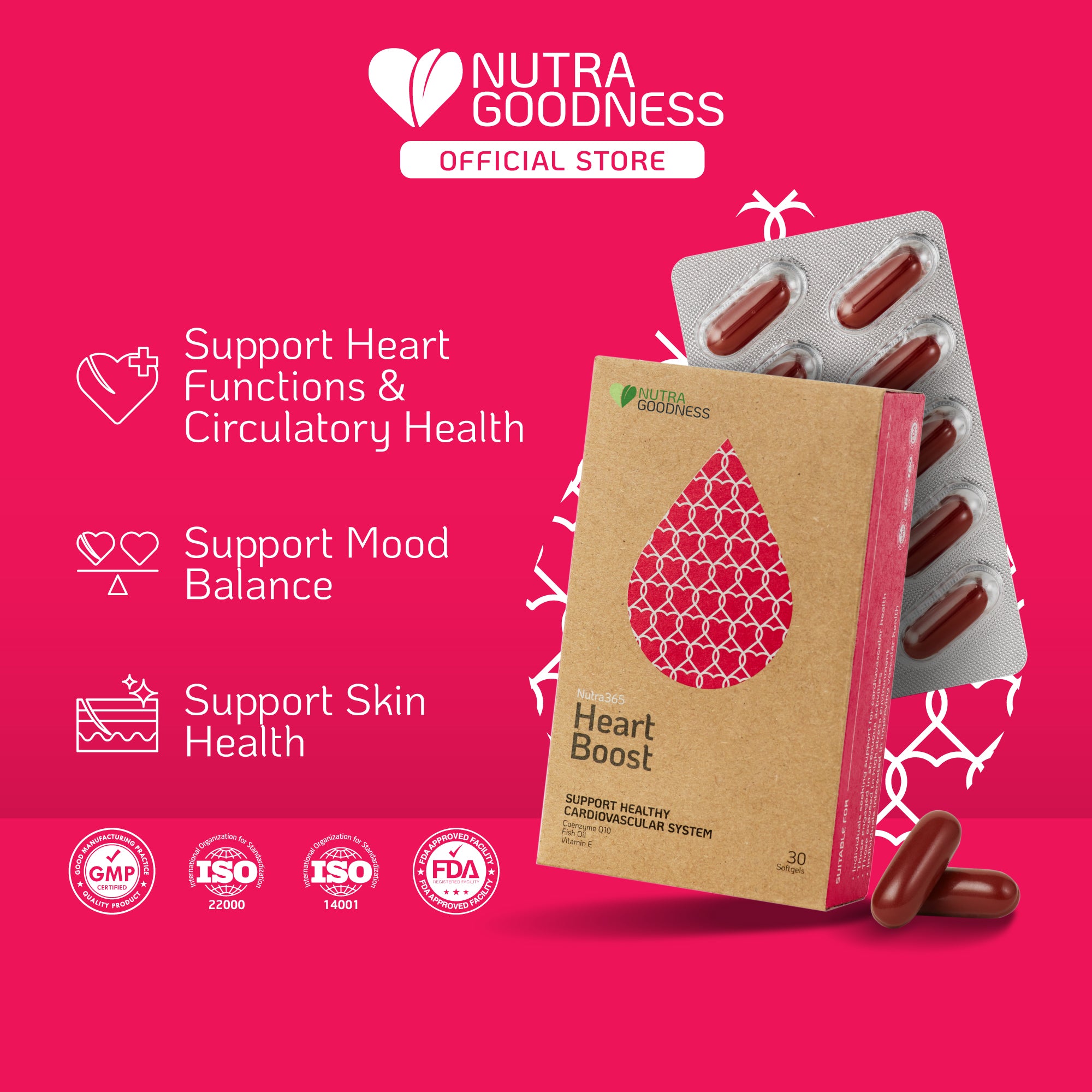Coenzyme Q10 (CoQ10) is a naturally occurring antioxidant present in every cell of the human body, playing a crucial role in energy production and cellular protection. It is especially concentrated in organs with high energy demands, such as the heart, liver, kidneys, and pancreas.
Functions of CoQ10:
- Energy Production: CoQ10 is integral to the mitochondrial electron transport chain, facilitating the synthesis of adenosine triphosphate (ATP), the primary energy currency of cells.
- Antioxidant Protection: It helps protect cells from oxidative damage by neutralising free radicals, thereby supporting overall cellular health.
- Cellular Health: Supports healthy cell function.
Health Benefits:
- Heart Health: CoQ10 supplementation has been studied for its potential benefits in managing heart conditions, including heart failure and hypertension. Some studies suggest that CoQ10 may improve symptoms and reduce major adverse cardiovascular events.
Adapted from Zozina VI, Covantev S, Goroshko OA, Krasnykh LM & Kukes VG (2018), Coenzyme Q10 in Cardiovascular and Metabolic Diseases: Current State of the Problem, Current Cardiology Reviews, 14(3), 164-174.
- Migraine Relief: Preliminary research indicates that CoQ10 may help reduce the frequency and severity of migraines, possibly due to its role in mitochondrial function and antioxidant properties.
Adapted from Sazali S, Badrin S, Norhayati MN & Idris NS (2021), Coenzyme Q10 supplementation for prophylaxis in adult patients with migraine-a meta-analysis, BMJ Open, 11(1), 1-7.
- Alleviate fatigue symptoms: A systematic review and meta-analysis by Tsai et al. (2022) concluded that CoQ10 supplementation significantly reduces fatigue scores compared to placebo groups. The findings suggest that CoQ10 is both effective and safe for alleviating fatigue symptoms, with gastrointestinal discomfort being the only reported adverse effect.
Adapted from Tsai IC, Hsu CW, Chang CH, Tseng PT & Chag KV (2022), Effectiveness of Coenzyme Q10 Supplementation for Reducing Fatigue: A Systematic Review and Meta-Analysis of Randomized Controlled Trials, Frontiers in Pharmacology, 13(883251), 1-13.
- Skin Health: The antioxidant properties of CoQ10 help protect the skin from aging caused by UV exposure and oxidative damage. A 2022 study concluded that CoQ10 safeguards the skin against UV radiation by stabilising skin cell membranes, thereby enhancing cellular resilience and reducing damage.
Adapted from Ayunin Q, Miatmoko A, Soeratri W, Erawati T, Susanto J & Legowo D (2022), Improving the anti-ageing activity of coenzyme Q10 through protransfersome-loaded emulgel, Scientific Reports, 12(1), 906.
While the body synthesises CoQ10 naturally, its levels tend to decrease with age. Dietary sources include meat, fish, nuts, and certain oils. However, the amounts obtained from food are relatively low, leading some individuals to consider supplementation.
CoQ10 supplements are available in two forms: ubiquinone (oxidized) and ubiquinol (reduced). It's important to note that CoQ10 is fat-soluble, and its absorption is enhanced when taken with meals containing fat.
For those seeking natural, high-quality antioxidant and immunity boosters or heart health supplements in Singapore, visit Nutra Goodness—Singapore’s trusted online health supplement store.



![[Nutra Goodness MindFuel Wellness] Nutra365 Cardio & Brain Boost + NutraGummy Energy Boost + NutraFizz Effervescent](http://www.nutragoodness.com/cdn/shop/files/Listing_Image-37.png?v=1756779870&width=104)
![[Nutra Goodness Glow & Hydrate Set] Nutra365 Heart & Skin Boost + NutraBreeze BeautyCool + NutraFizz Effervescent](http://www.nutragoodness.com/cdn/shop/files/Listing_Image-38.png?v=1756779813&width=104)
![[Nutra Goodness Daily Defense Set] NutraBreeze DetoxCool + NutraFizz Vitamin C Effervescent + NutraSooth Lozenges](http://www.nutragoodness.com/cdn/shop/files/Listing_Image-39.png?v=1756779740&width=104)


